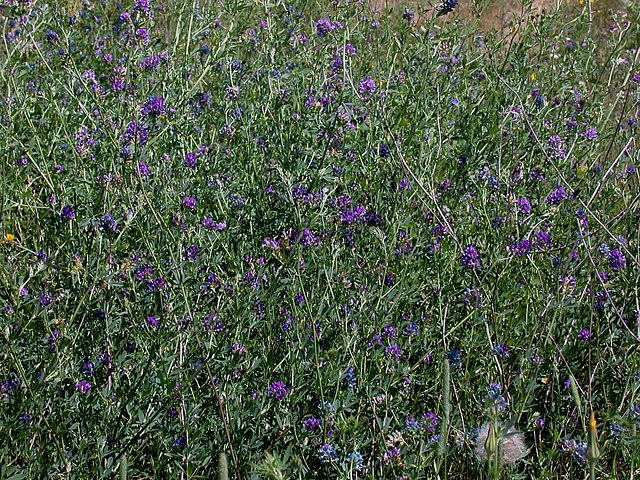One of the most productive alfalfa states in the United States, Arizona, is facing intense groundwater shortage from foreign alfalfa-growing leases. The state prides in its above-average 8.2 tonnes per acre yield while the national average is 3.5 tonnes per acre.
Most of the water scarcity has hit Cochise county, at the centre of whose alfalfa plantations are three firms from the Middle-East.
Locals have opined that they have not had enough water for domestic use in recent years.
To mitigate the crisis, Arizona has decided to chase away the foreign pastureland companies that tap into its water resources. The state leases around 150,000 acres or 1.6% of the trust arable land that it dedicates to agriculture.
Foreign entities account for the bulk of the 22% of alfalfa that Arizona exports annually. Arguably, the multinational companies farming here have raised the export profile for a state that had zero alfalfa exports in 2011.
Alfalfa Drains the Soil
Alfalfa is one of the most water-thirsty crops, as it needs 20 inches of water each season.
A rule of the thumb is to have 50% soil moisture on the ground. However, the crop depletes this in its uptake of about 8 inches of moisture from the soil per season. This is on top of consuming up to 6 extra inches of overhead drip irrigation water.
In Wenden, a small town in the state’s alfalfa belt, old acquifiers that provide groundwater to the region have fallen in volume. Wells have dried up as a result of intense use of water for the nearby alfalfa plantation spanning 3000 acres.
Residents have resorted to digging deeper wells than in the past as their existing wells fall short of utility.
Groundwater usage in Households
Statistics in Wenden show that it requires at least 15,000 acre-feet of water per year to serve a multi-acre alfalfa crop. This is as opposed to just a single acre-foot of water per year to sustain domestic water needs for two American homes.
According to the New York Times, groundwater is the main source of United States’ drinking water but its reserves are diminishing fast. This is in turn affecting domestic supplies and leaving community estates dry. A church in Arizona, for instance, has not had sufficient supplies for 3 years.
Climate Change sparks International farms
According to Karim Elgendy, a climate change guru in London’s Chatham House think tank, drought is driving international land leases.
Climate change is also forcing countries that have been self-sufficient in the past to grow animal feed abroad.
Saudi Arabia, for instance, imported 171,000 metric tons of processed alfalfa from the U.S. and elsewhere in 2021.
Thus, as Arizona terminates foreign land leases by February, 2024, it is also trying to mitigate the effects of climate change.
